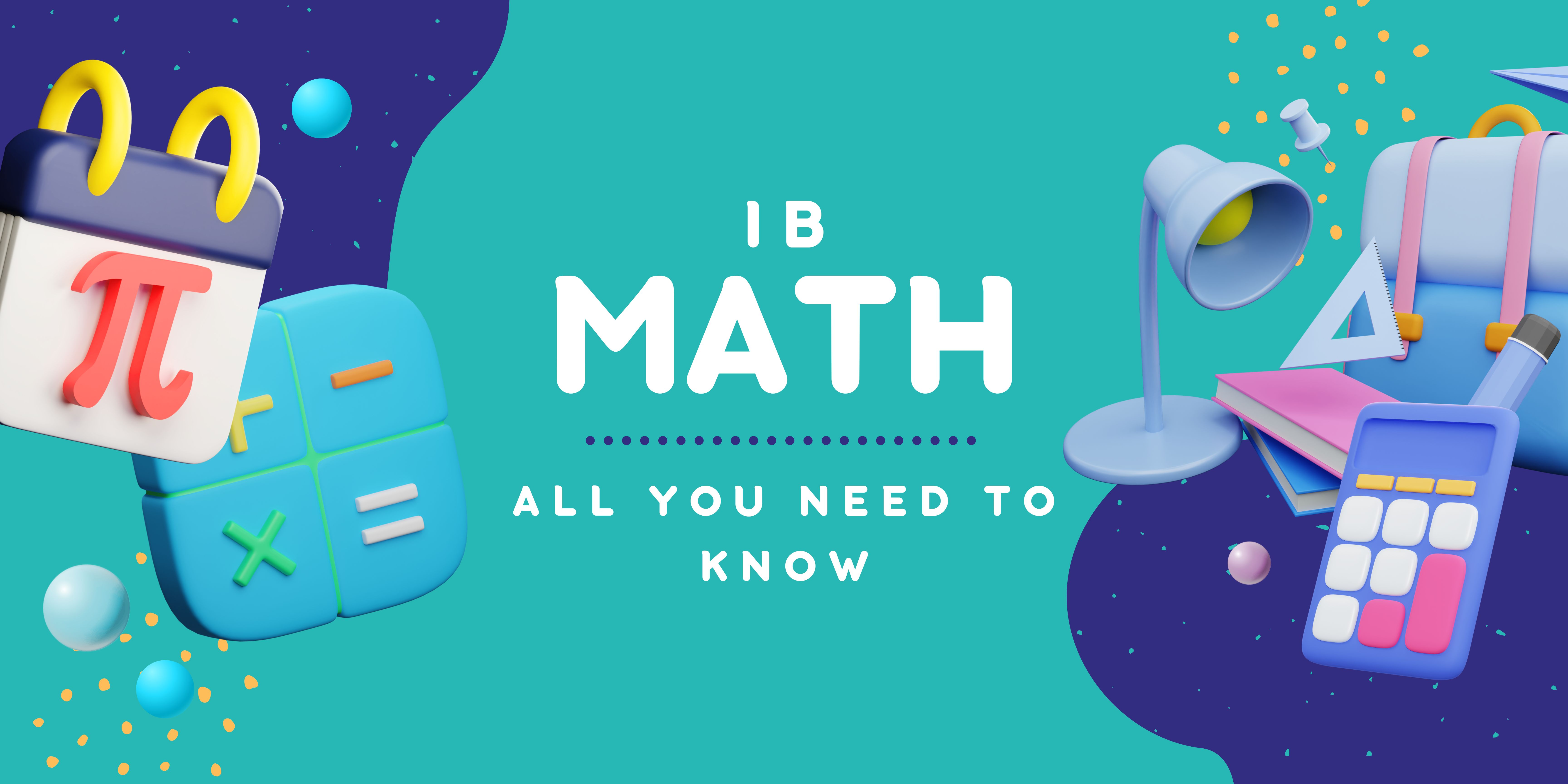Table Of Content
Welcome to our comprehensive guide on IB Maths! Whether you’re a student currently enrolled in the International Baccalaureate (IB) program or a parent seeking to understand the curriculum, we’ve got you covered. From the curriculum structure to key concepts, tips for success, and valuable resources, this blog is your go-to resource for everything related to IB Maths. Let’s get started and explore the fascinating world of IB Maths together!
What is IB Math?
IB Maths refers to the Mathematics course offered within the International Baccalaureate Diploma Programme. This program is recognized worldwide and is designed to provide students with a well-rounded education. The IB Maths curriculum is divided into four main areas: Algebra, Functions, Geometry and Trigonometry, and Statistics and Probability. It aims to develop students’ mathematical knowledge, problem-solving skills, and logical reasoning abilities.
Curriculum Structure
The IB Maths curriculum is structured to cater to students with varying levels of mathematical aptitude. It consists of two levels: Standard Level (SL) and Higher Level (HL). SL is designed for students who have a solid foundation in mathematics but do not wish to pursue it in their higher education. On the other hand, HL is intended for students who plan to study mathematics or related disciplines in college or university.
Course Content
The IB Maths curriculum covers a wide range of topics, ensuring students gain a comprehensive understanding of mathematics. Some of the key areas covered in the syllabus include:
Algebra: Expanding on basic algebraic concepts and introducing more advanced topics such as polynomial functions, logarithms, and sequences.
Functions: Exploring the properties and behavior of various functions, including linear, quadratic, exponential, and trigonometric functions.
Geometry and Trigonometry: Investigating geometric shapes, properties of triangles, and trigonometric functions, along with their applications.
Statistics and Probability: Analyzing data, calculating probabilities, and understanding statistical measures such as mean, median, and standard deviation.
Tips for Excelling in IB Maths
Now that you have a good understanding of what IB Maths entails, let’s explore some effective strategies to help you excel in this subject:
1. Master the Fundamentals
A strong foundation in basic mathematical concepts is crucial for success in IB Maths. Make sure you have a solid grasp of algebraic operations, functions, and geometric principles before moving on to more complex topics.
2. Practice Regularly
Consistent practice is key to improving your mathematical skills. Solve a variety of problems from different topics to enhance your problem-solving abilities and build your confidence.
3. Seek Clarification
Don’t hesitate to ask your teachers or classmates for help if you’re struggling with a concept. Clarifying doubts early on can prevent misunderstandings from snowballing into larger challenges later.
4. Utilize Available Resources
Take advantage of the wide range of resources available to support your learning. This includes textbooks, online tutorials, video lectures, and practice worksheets. Exploring different resources can provide alternative explanations and approaches to help you grasp difficult concepts.
5. Engage in Group Study
Collaborating with peers who are also studying IB Maths can be highly beneficial. Discussing problems, sharing insights, and explaining concepts to others can deepen your understanding and foster a supportive learning environment.



